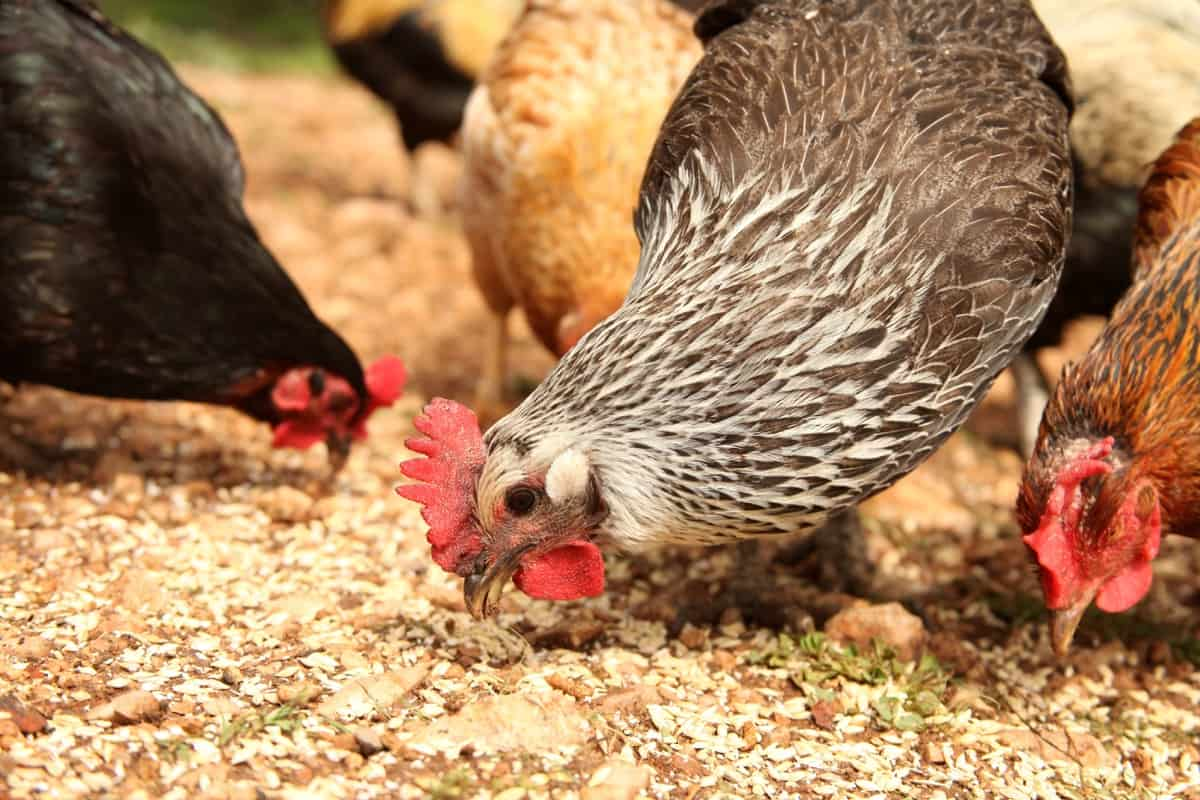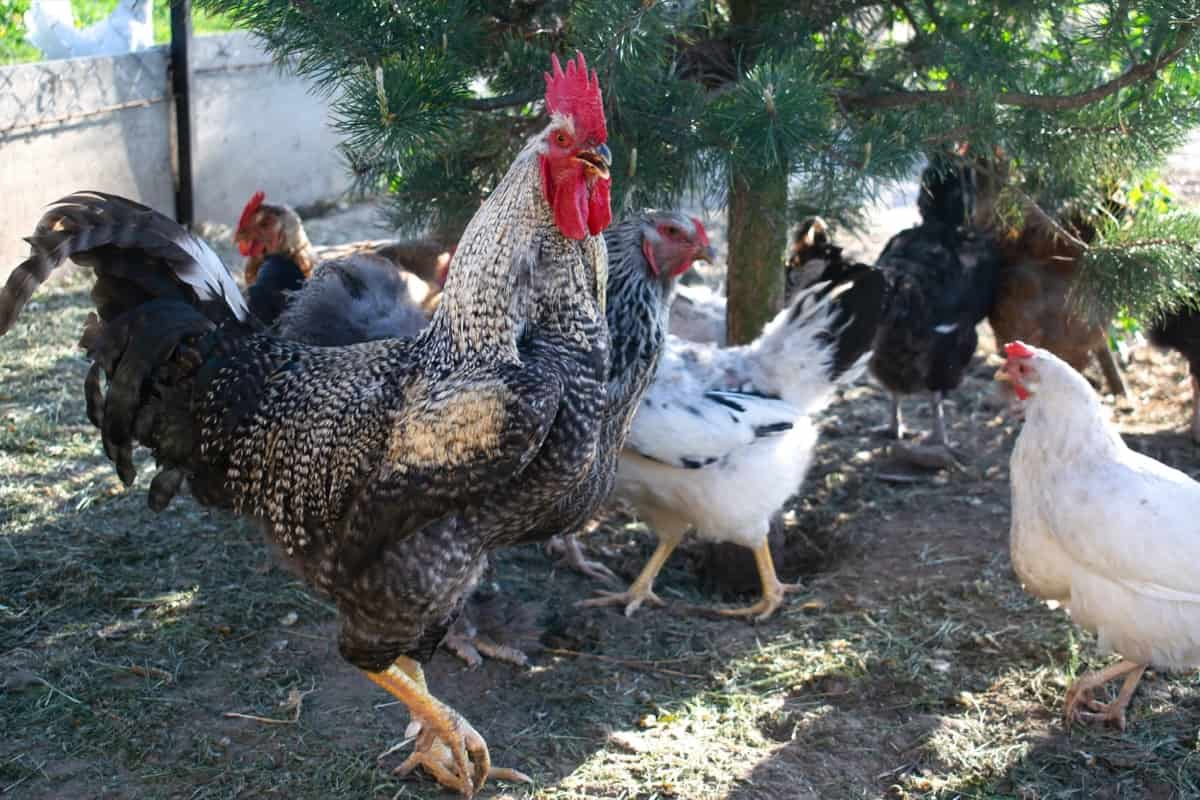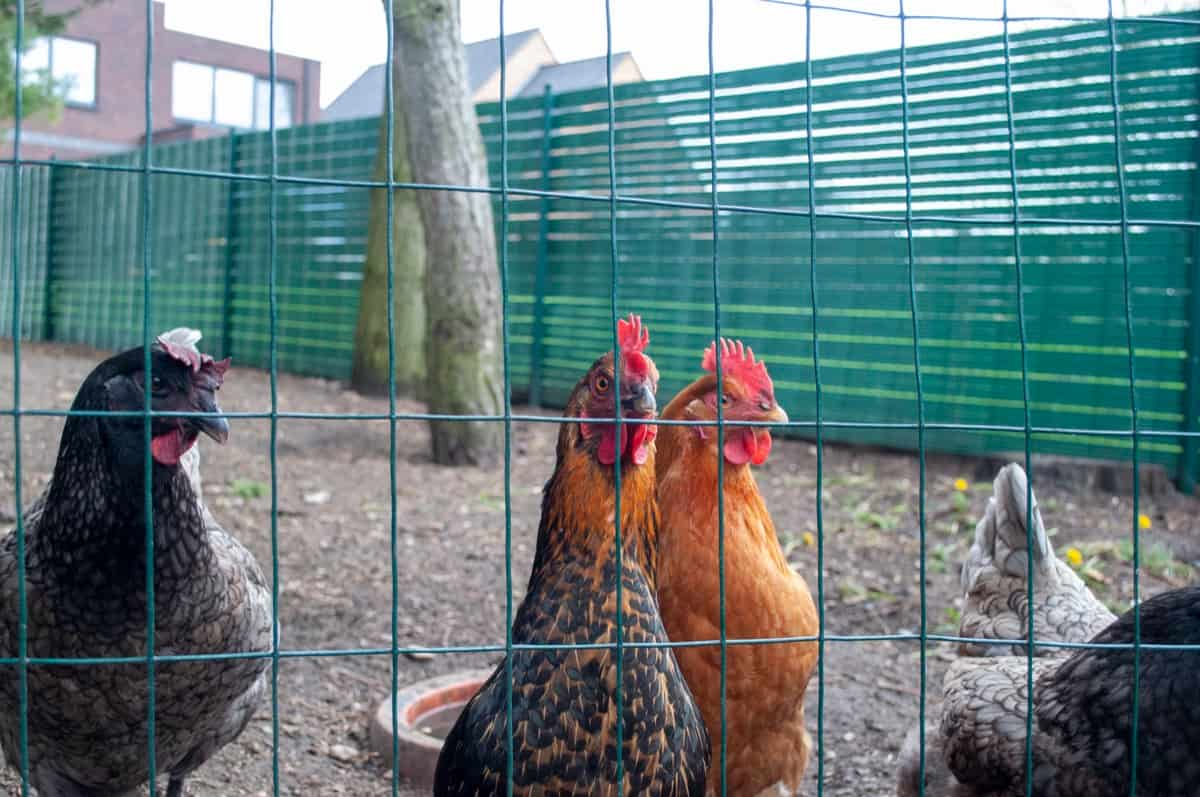In the world of poultry farming, Sonali chickens hold a special place. With roots tracing back to Bangladesh, the Sonali chicken breed has become a common name in Indian poultry. Known for their excellent egg production, rapid weight gain, and affordability, Sonali chickens have been the game-changer in the Indian poultry sector.

Interestingly, a stark difference exists between Sonali chicken and local chicken regarding their productivity and profitability. This write-up seeks to provide a comprehensive overview of the Sonali chicken, touching on aspects such as egg production, weight gain, and price.
Understanding the Sonali Chicken Origin
The Sonali chicken originated in Bangladesh, bred to create a more productive and profitable breed. They were produced as a crossbreed, taking the best qualities from two different types of poultry to create one hybrid that outperformed the rest. Despite being an integral part of the poultry industry in Bangladesh, the Sonali chicken has quickly gained popularity in India due to their productivity and adaptability. Their robustness and resilience to diseases have significantly enhanced their popularity, particularly among small and marginal farmers in India.
Diving Into the Egg Production Capacity
One of the key aspects that makes the Sonali chicken stand out from the local chicken is its high egg production rate. These chickens begin to lay eggs at around five months, and their egg-laying period lasts about two years. A Sonali chicken lays approximately 150 to 200 eggs per year. This is significantly higher than local chicken breeds manage, often around 60-100 eggs annually. These figures reveal the economic advantage of rearing Sonali chicken instead of local varieties, especially for small-scale poultry farmers looking to boost their income.
Highlighting the Rapid Weight Gain
Another trait that sets Sonali chickens apart is their rapid weight gain. Unlike local chickens that take about six months to reach a market-ready weight, Sonali chickens attain a weight of about 1.5 to 2 kilograms within just four months. This rapid growth rate results in faster turnover and higher profit margins for farmers. This is particularly beneficial for farmers who are primarily interested in meat production.
Discussing the Sonali Chicken Price
The Sonali chicken price is another reason for its popularity among farmers. Even though the exact cost may vary based on factors like age, weight, and geographical location, they are generally more affordable than other hybrid breeds. As for current market trends, the price of a day-old Sonali chicken ranges from INR 30 to 40, while the price for an adult bird can increase to INR 250 to 300. However, the return on investment is high, considering their egg production capacity and weight gain, making them a profitable choice for poultry farming.
Analyzing the Characteristics of Sonali Chicken
When it comes to the characteristics of Sonali chicken, they stand out in multiple ways. Besides their high egg production and fast weight gain, Sonali chickens are known for their hardiness. They are resilient and can withstand harsh weather conditions better than other poultry breeds. Furthermore, they are less susceptible to diseases, which reduces the costs associated with healthcare. In terms of physical characteristics, they have a unique reddish-brown feather color, lending them a distinct look.
Comparison Between Sonali Chicken and Local Chicken
Sonali emerges as a more productive and profitable breed than Sonali and local chicken. Their higher egg-laying capacity, rapid weight gain, and affordability make them a preferred choice for many poultry farmers in India. Moreover, they are more resilient and can withstand different climatic conditions, making them a suitable choice for different regions in India.
In case you missed it: Layer/Egg Chicken Farm Project Report: Cost and Profit Analysis

Exploring The Market Demand For Sonali Chicken
The demand for Sonali chickens in the market is high due to their multipurpose nature. They are reared for their meat and eggs, providing farmers with a dual source of income. The Sonali chicken meat is tender, juicy, and widely appreciated for its taste, while the eggs are large and nutritious. Furthermore, with the growing trend of healthy eating, people increasingly prefer lean poultry meat like Sonali chicken. These factors have resulted in a robust demand for Sonali chickens, ensuring a stable income for poultry farmers raising this breed.
Understanding the Feeding Practices for Sonali Chicken
Proper feeding practices are integral to optimizing the productivity of Sonali chickens. A balanced diet ensures high egg production and rapid weight gain. Sonali chickens are omnivores and can eat grains, vegetables, and insects. Commercial poultry feeds are commonly used, and these can be supplemented with kitchen scraps and green leafy vegetables. A diet rich in protein, vitamins, and minerals contributes to their overall health and productivity. Clean and fresh water should always be available for these birds, as dehydration can significantly affect their growth and egg production.
Implications for Poultry Farming
The introduction of Sonali chickens has significant implications for poultry farming in India. Their high productivity and affordability can boost the income of small and medium poultry farmers, contributing to rural development. At the same time, the ability of Sonali chickens to withstand harsh conditions and resist diseases can reduce the losses related to disease outbreaks, a common problem in poultry farming.
Moreover, as consumers become more conscious of their dietary choices, the demand for lean meat like Sonali chicken will likely rise. Therefore, rearing Sonali chickens can prove to be a sustainable and profitable venture in the long run for poultry farmers.
Examining the Breeding Practices for Sonali Chicken
The breeding practices for Sonali chickens significantly influence their productivity. While these chickens can mate naturally, controlled mating is often employed to ensure a high-quality next generation. Chickens intended for breeding are chosen based on desirable traits such as body weight, egg production, and overall health.
Healthy hens and roosters are paired to produce offspring that carry these traits, thereby sustaining the desirable characteristics of Sonali chickens. Proper care is given to the breeding hens, including a nutritious diet and comfortable nesting areas, to support successful egg production and hatching. Following these practices results in a consistent supply of healthy and productive Sonali chickens, further supporting the profitability of poultry farming.
In case you missed it: BV 380 Chicken Details: Hen Price, Brown Layer Facts, Cage Price, and Feed

Conclusion
Sonali chickens are a remarkable breed that offers considerable advantages for poultry farmers. Their high egg production, rapid weight gain, reasonable price, and hardiness make them a breed worth considering for small-scale and large-scale poultry farming. This detailed insight into Sonali chicken reveals why it has become a preferred choice in the Indian poultry industry.
Note: The images presented in this post are intended solely for representation purposes. The images are meant to serve as visual aids and should not be relied upon as accurate representations of their real-life counterparts.
- Feed Your Flock for Less: Top 10 Tips to Save on Chicken Feed
- Ultimate Guide to Ossabaw Island Hog: Breeding, Raising, Diet, and Care
- Hatching Answers: The Top 10 Reasons Your Chickens Aren’t Laying Eggs
- Eggs and Economics: Breaking Down the Cost of Raising Backyard Chickens
- Defend Your Greens: Proven Methods to Keep Iguanas Out of Your Garden
- Ultimate Guide to Cinnamon Queen Chicken: A Comprehensive Guide for Beginners
- Ultimate Guide to California Tan Chicken: Breeding, Raising, Diet, Egg-Production and Care
- Ultimate Guide to Marsh Daisy Chicken: Breeding, Raising, Diet, and Care
- 10 Types of Chicken Farming Businesses You Can Start for Profits